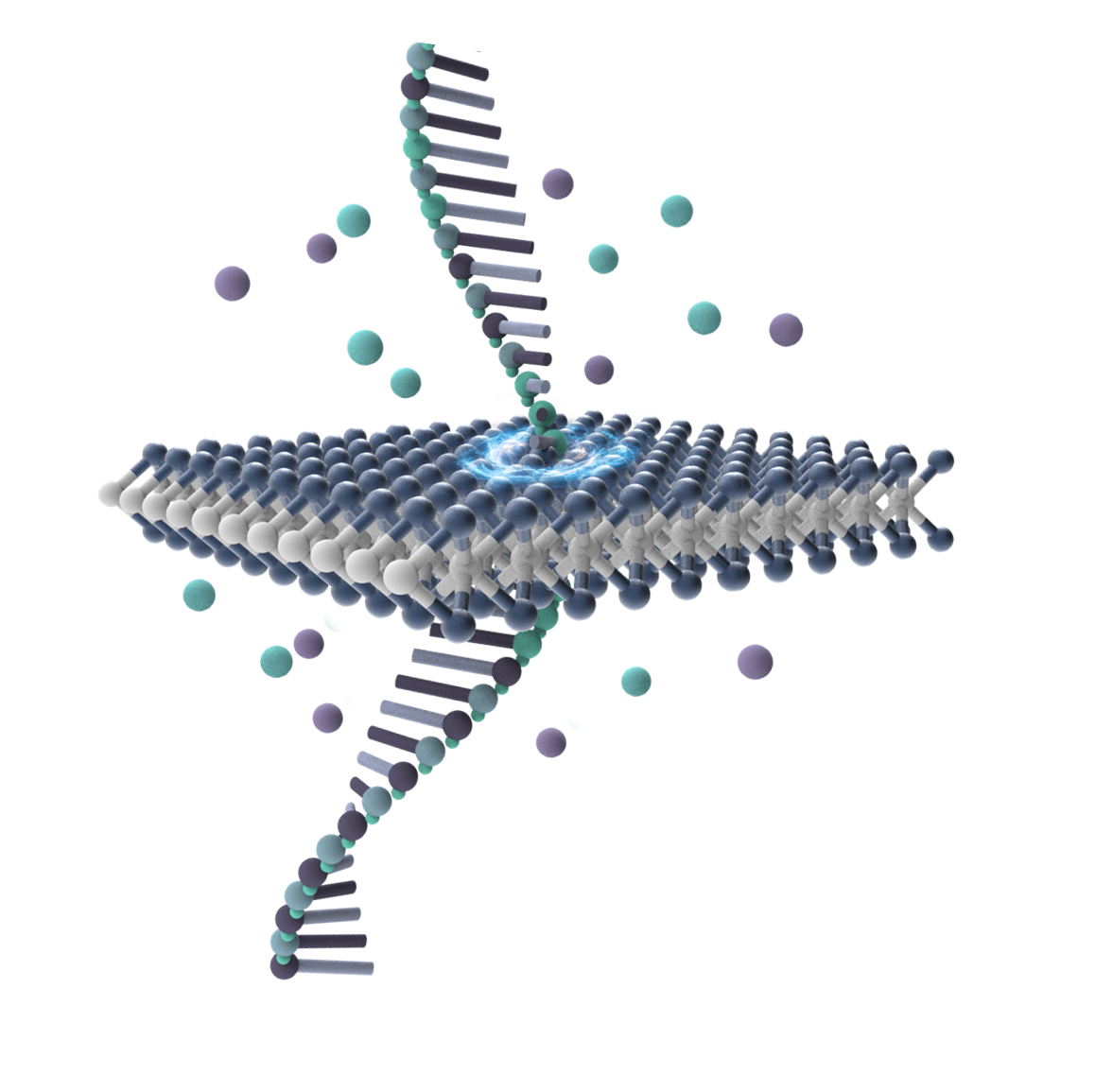Entrepreneurial Support Program(Oversea market pioneer practice Course)

- Principal Investigator
-
The University of Tokyo
Wei-Lun Hsu
- Adopted Theme
Development of Nanopore Protein Sequencing Technology
- Subject of Research
- Development of Nanopore Protein Sequencing Technology
- Overview
-

“Development of Nanopore Protein Sequencing Technology”
The realization of precision medicine requires the delivery of personalized treatments based on not only individual patient symptoms but also genomic and proteomic information. Conventional sequencing methods and mass spectrometry techniques involve complex preprocessing steps, such as fluorescence detection, polymerase chain reaction, and gel electrophoresis, requiring advanced expertise and significant time for data analysis. This technology leverages resistive pulse sensing using nanopores, enabling real-time detection of ionic current changes as molecules pass through the nanopore. This approach allows for rapid and simplified biomolecular sequencing. The aim of this project is to develop a compact, high-precision protein sequencer based on solid-state nanopore technology. Compared to traditional mass spectrometry-based protein sequencing, this approach significantly reduces both cost and processing time, facilitating personalized diagnostics based on protein sequence information. Unlike DNA, which consists of four types of nucleotides, proteins are composed of 20 different amino acids, resulting in a more complex sequence structure. This complexity demands an ultra-high-resolution sensing technology. In this project, we aim to realize sub-nanometer precision nanopore structures that enable the direct reading of amino acid sequences, thereby commercializing an innovative protein sequencing technology.
- Business Models(when applying)
This project aims to offer customized services for protein sequencing, specifically tailored for biologists and medical researchers. For researchers requiring large-scale sequencing data, we will provide consulting services aligned with their research objectives, while also offering high-precision sequencing devices based on solid-state nanopore technology.
- Activity Planning(when applying)
The commercialization plan for this project is as follows:
(i) Identify and develop a customer base requiring nanopore array samples for a wide range of applications, including molecular detection, and work on market expansion.
(ii) Establish strategic partnerships with semiconductor manufacturing companies to build a scalable production system for nanopore chips.
(iii) Prepare for clinical applications by forming collaborative frameworks with biotechnology companies and advancing preparations for clinical trials.